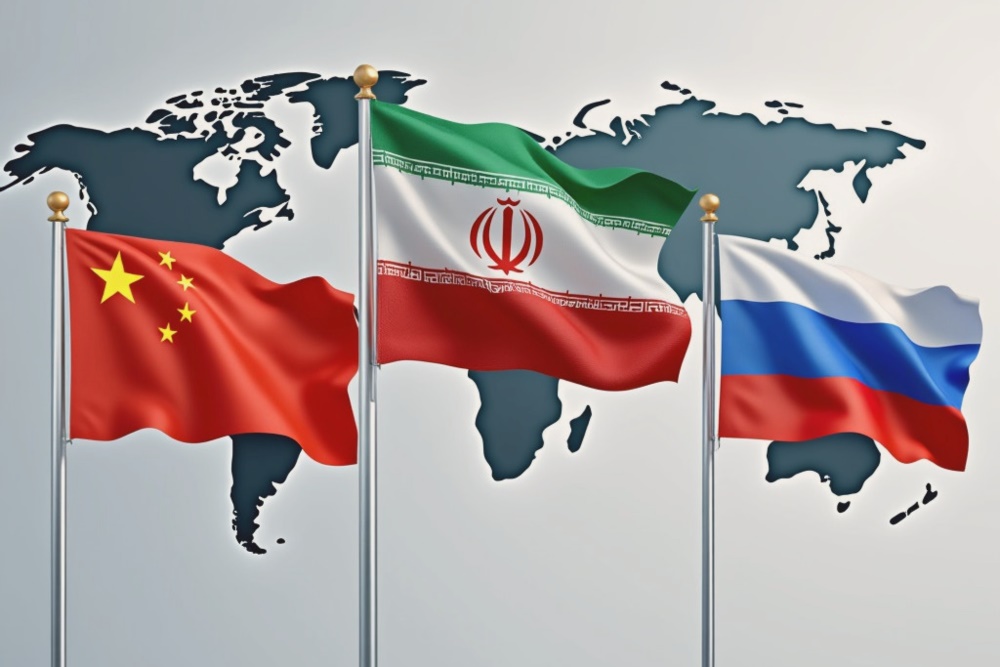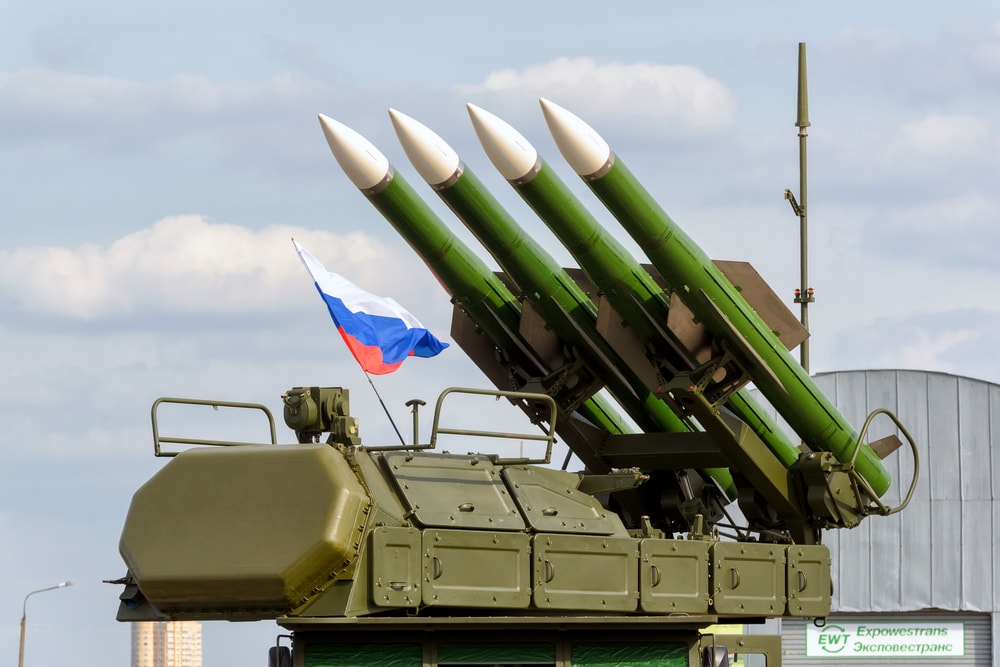
While Iran positions itself as a key player in the anti-US camp, Tehran still struggles to secure truly strategic alliances. As global partnerships continue to evolve, Chinese and Russian support for the Iranian regime remains limited.
Economic relations with China have tightened in recent years but cooperation remains limited, with Iran increasingly dependent on oil exports to Beijing. This economic reliance has not translated into broader cooperation, as China avoids major investments and primarily exploits Iran for cheaper oil.
Iran’s regional isolation, driven by its confrontational policies and involvement in proxy wars, limits its attractiveness as a long-term partner for China. Beijing prioritizes stability and economic partnerships with nations that offer immediate, less complicated benefits, such as Saudi Arabia and the Gulf states.
China’s dealings with Iran are further hampered by the threat of US sanctions. While Beijing does buy Iranian oil, it avoids actions that could provoke more severe penalties and jeopardize its global business interests.
China’s cautious approach
More generally, despite China’s growing interest in the Middle East, the region is not a top priority for Beijing. China’s key concerns lie in East Asia and the Indo-Pacific, where it focuses on securing its territorial integrity with regard to Taiwan and the South China Sea, and managing its competition with the United States.
Furthermore, China’s broader geopolitical strategy is based on balancing relations with regional powers, including Iran’s rivals like Saudi Arabia and the Gulf states. These countries represent vital economic interests for China, which means Beijing cannot afford to appear too closely aligned with Tehran.
As a result, China’s engagement in the Middle East in general, and with Iran in particular, is relatively cautious. Beijing’s strategy in the region focuses on economic influence and diplomacy rather than security affairs.
Hence, military cooperation between China and Iran is limited, with occasional joint naval exercises reflecting the surface-level nature of their partnership. China’s military presence in the region remains minor, and it avoids deep involvement in the region’s conflicts.
Overall, Iran cannot count on China for significant military support or strategic backing at times of crisis.
Military ties with Russia
In contrast, Iran-Russia relations have grown closer in the context of military cooperation. However, this partnership also faces several limitations and areas of friction, preventing it from becoming a full-fledged strategic alliance.
While Russia and Iran share common interests, particularly in countering Western influence and cooperating militarily in Syria, their partnership is constrained by both geopolitical and practical challenges.
Most notably, Russia has increasingly relied on Iranian drones and possibly missiles during its war in Ukraine. In return, Moscow supplied some military equipment to Iran, with reports of advanced systems and aircraft transfers.
In theory, the Russians can also provide Tehran with technological and nuclear expertise.
However, in practice this military cooperation is largely asymmetrical. Russia, deeply entangled in the Ukraine conflict, has limited capacity to offer significant military aid to Iran. Moscow’s focus remains on replenishing its own stockpiles rather than providing large-scale assistance to global partners.
Moreover, while Russia may be open to selling advanced systems to Iran, it must navigate international restrictions and weigh the potential backlash from other players.
Clashing interests in Syria
While Moscow and Tehran cooperate in Syria, their broader long-term interests do not always align. Both countries have been key supporters of Bashar al-Assad’s government, but their roles in the Syrian conflict differ.
Russia’s conventional military presence focuses on stabilizing the Assad regime, while Iran uses the conflict to extend its influence through proxy militias, particularly Hezbollah, while building a forward base against Israel.

This divergence creates a complex dynamic, where Iran’s agenda in Syria sometimes conflicts with Russia’s desire for a more balanced vision that preserves its own influence and maintains regional stability.
In the Caucasus and Central Asia, Russia and Iran also have overlapping interests, but they compete for influence. Russia seeks to dominate the South Caucasus, while Iran is concerned about being marginalized in regional security arrangements.
Divergent geopolitical visions
Overall, Russia and Iran share a common desire to undermine US influence, but their long-term goals differ. Russia’s primary focus is on reasserting its influence in its near abroad, particularly in Eastern Europe and Central Asia, and countering NATO expansion. The Middle East, while important, is not Russia’s top priority.
Iran, by contrast, is heavily focused on expanding its influence across the Middle East through its network of proxies, which includes Hezbollah in Lebanon, the Houthis in Yemen, and militias in Iraq and Syria.
While Russia cooperates in some of these areas, it does not share Iran’s vision of a Shiite-dominated regional order and prefers a more pragmatic balance-of-power approach.
Economically, while cooperation between Russia and Iran has increased, it remains underdeveloped. Both nations are heavily sanctioned by the West, limiting their ability to engage in large-scale trade or investment.
Although trade volumes between the two countries have grown, they remain far below their potential, hampered by domestic economic challenges and international restrictions.
US-Israel alliance unmatched
In comparison, the US-Israel strategic alliance remains one of the strongest and most enduring bilateral relationships in modern geopolitics, built on deep military, economic, and political foundations.
This partnership is cemented through long-term defense agreements, joint military exercises, and consistent diplomatic coordination. In addition to military support, the US and Israel collaborate closely on cutting-edge tech, intel sharing, and counter-terror efforts, making the alliance multifaceted and robust.
Unlike Iran’s relationships with Russia and China, which are constrained by geopolitical competition and limited economic cooperation, the US-Israel alliance is deeply rooted in shared values and a long-term strategic vision for regional stability.
Iran’s alliances, whether with China, Russia or regional proxies, remain far more opportunistic and lack the same level of collaboration, shared goals, or institutional depth that define the US-Israel partnership.
In times of major military crises, such as the current war in the Middle East, Israel can count on massive US support, unmatched by the limited support China and Russia are willing or able to provide Iran.


